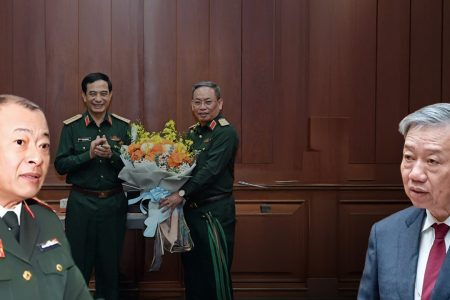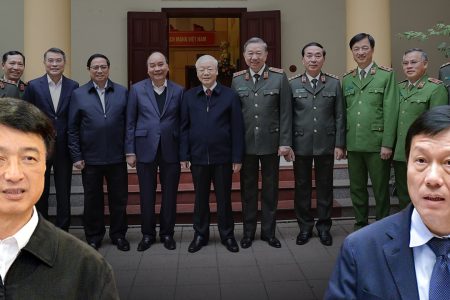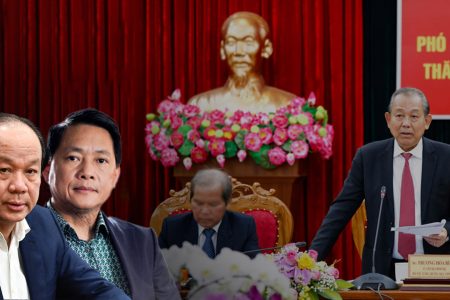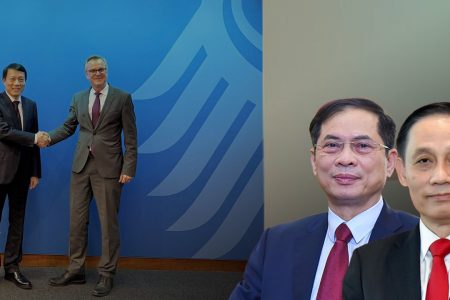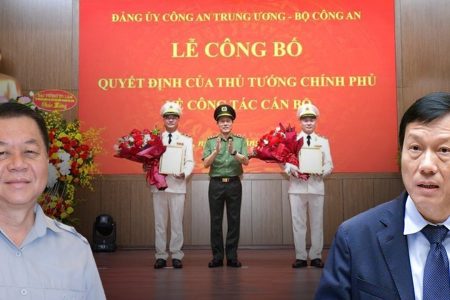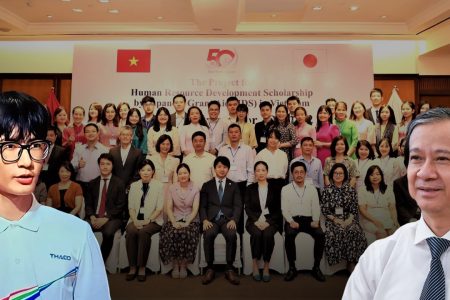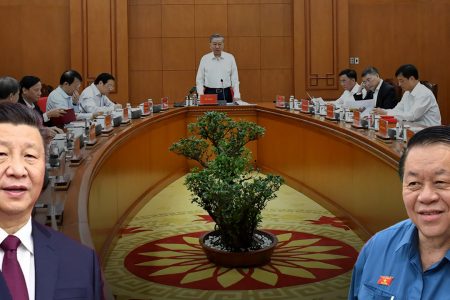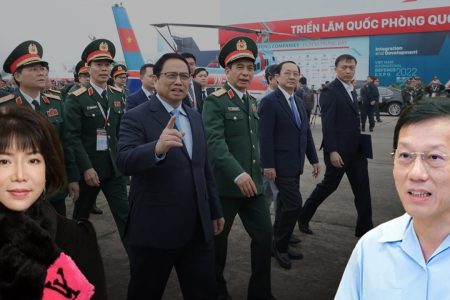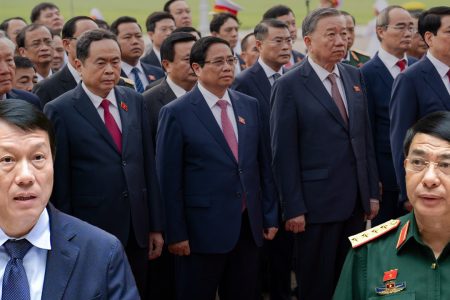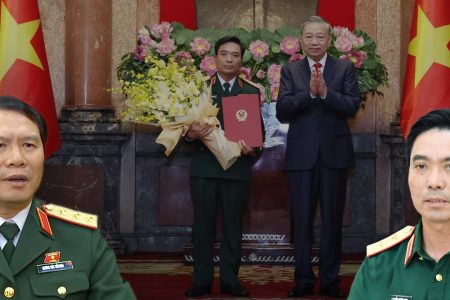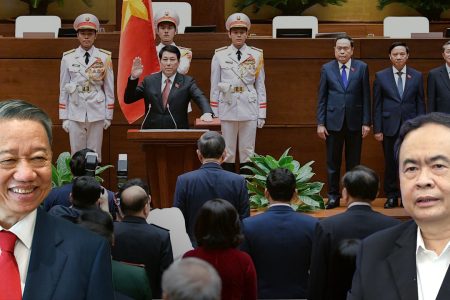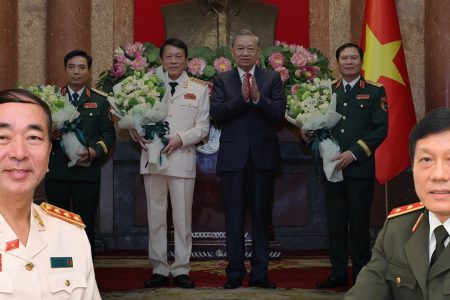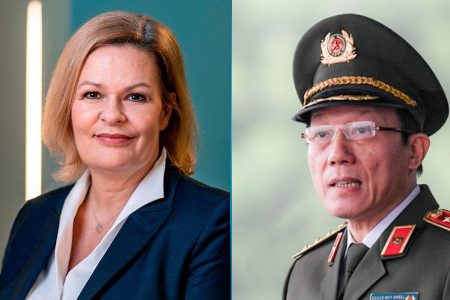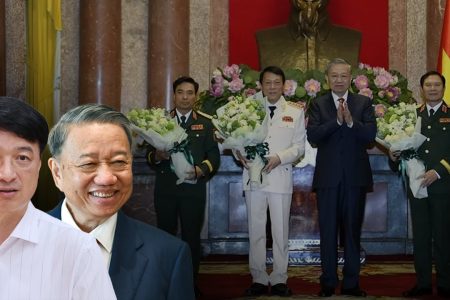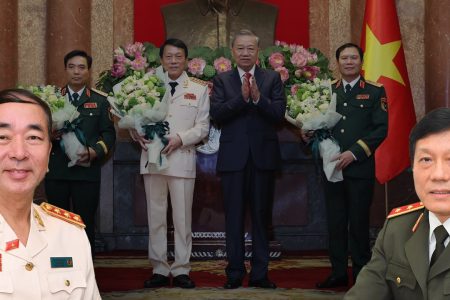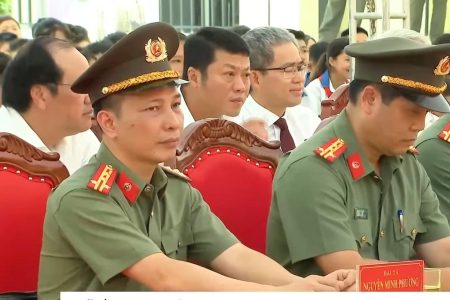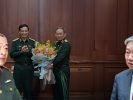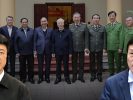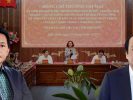
French radio station RFI reported that on November 1, the Chinese government announced that all social network accounts of influential figures with many followers will have to reveal their real identities.
Accordingly, the Chinese government has just forced influential figures on social networks to publicly identify their accounts.
Specifically, “Celebrity influencers will be the subjects involved in the campaign to end anonymous accounts on social networks. From now on, ‘big accounts’ with fake names will be required to reveal their true identities by social media platforms in China, including Wechat, Weibo, Baidu, Douyin, Kuaishou and Bilibili.”
It is known that on Weibo alone, according to observers, this decision involves over 500,000 subscribers, and over one million followers will be affected.
According to RFI, this decision was made in the context of China’s efforts to prevent rumors on the Internet, and this may affect the freedom of speech and freedom of expression of the Chinese people which have been squeezed “very tight.” From now on, “ordinary people in China will no longer dare to express their opinions on social networks.”
According to international observers, from now on, accounts specializing in providing news information, or even economic news, will be greatly affected by this new decision. In the past, famous people or influential people in China were worried that using their real identities on social networks could be slandered by people who disagreed.
But now, famous people in China say that the previous threats are not as ominous as the new decision, regulations on Chinese social networking sites will be tightened.
According to analysts and political observers in Vietnam and internationally, people immediately think of unusual events in Vietnam recently. It is a story involving public figures, as well as successful, well-known businesses, who are continuously being criminally prosecuted or causing trouble.
Like the case of CEO Nguyen Phuong Hang receiving a 3-year prison sentence, after her livestreams attracted an unprecedented number of followers, millions of views for each clip. The content of the livestream clips is just the stories of free “gossip” who specializes in exposing each other in the showbiz world.
Or the story of model Ngoc Trinh being arrested for “disturbing public order” after posting video clips of large motorcycle performances on the road, attracting millions of viewers.
Then recently, there was an investigation to handle Thanh Buoi bus company, a famous passenger transport business in the South.
A famous Vietnamese social activist, Mr. Nguyen Anh Tuan, is currently being pressured by the government to seek political asylum in Canada, in a recent article titled “The specter of dictatorship” on the personal page. He made an interesting comment when he said:
“The arrest of Nguyen Phuong Hang and model Ngoc Trinh, followed by the investigation of Thanh Buoi fim, signals that a ghost is returning to Vietnamese social life. Cases like this are appearing more frequently [in] recent years, making the public wonder, what is happening to law enforcement?”
For a long time, public opinion and observers have generally commented that China and Vietnam are two of the countries that survived the bankruptcy of Communism in the years 1990s. And the Vietnamese government has carried out economic and political policies exactly like China. It’s not even an exaggeration to say that Vietnam is an almost 100% copy of China in every aspect.
The Vietnamese State always affirms its “Foreign policy of independence and autonomy in international integration is a consistent policy in its foreign policy.” That is, Vietnam affirms that it is an independent country with autonomy and territorial integrity, not dependent on “foreign countries.”
So why is Vietnam’s latest issue in harassing celebrities on social networks the same as China’s?
The idiom “When it rains in Beijing, Hanoi holds up an umbrella” is probably the answer.
Thoibao.de (Translated)



